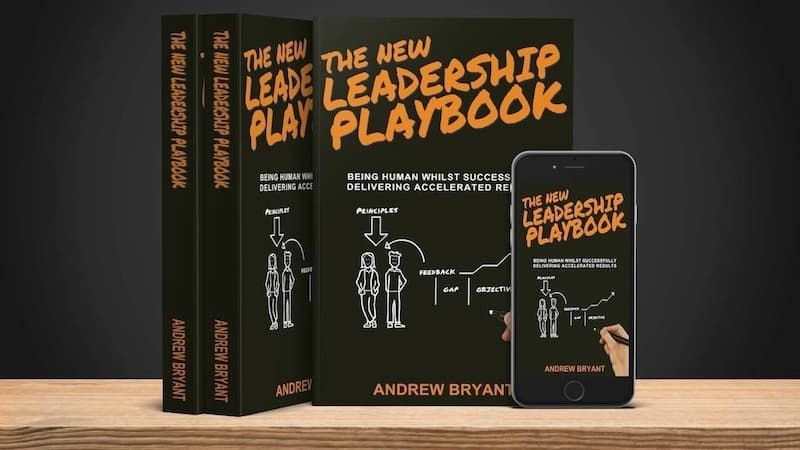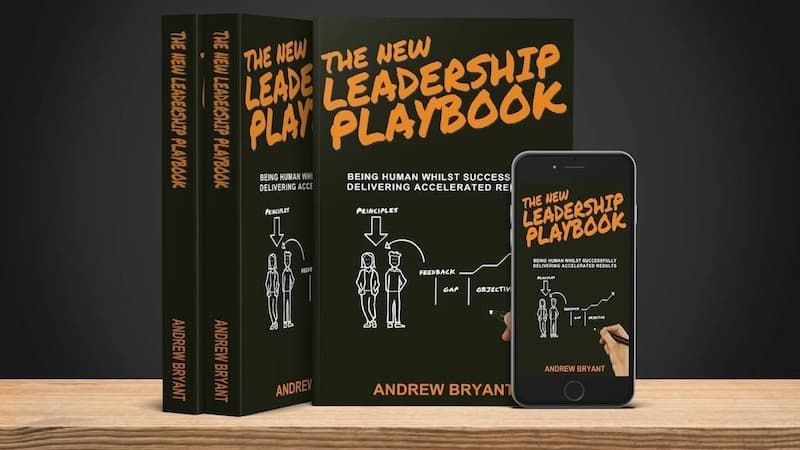Leadership is about People, Choices and Economics

There are almost as many definitions of leadership as there are people who have written on the topic. So, rather than complicate matters, I want to simplify this discussion on leadership to just 3-things, people, choices, and economics.
I believe that when we understand these things, we can better understand people’s thinking and behavior, and therefore be a better leader.
Self-Leadership and Economics
“Did you meet your numbers?
Governments want to know the numbers, and leaders want to meet or exceed their numbers, but economics isn’t really about numbers. You might not believe me when you see economists pouring over data, creating graphs, charts, and models, but the goal of real economics is:
“to uncover the unintended consequences of our choices.”
This perspective that social phenomena result exclusively from the motivations and actions of individuals is where economics (Austrian School) meets Self-leadership. In reality, economics is about human choice and action, not about the number of goods and services.
It is important for leaders to realize that when people are intentional about their choices and actions, they will be more efficient and effective (meet the numbers), whereas when people are ignorant, apathetic, or fearful, they will not achieve their potential.
People and Choices
People generally think about what goals they can and would like to achieve. These goals are called ends. To be able to achieve ends, people need means. They form the basis by which individuals achieve their chosen ends.
For example, if you are hungry, you could eat a hamburger, a salad, or a sandwich. There are lots of different ways for you to achieve your goal. But you might not like hamburgers (I don’t) and so this is not a means to an end.
What if a salad isn’t available or very expensive? Then this would mean that salad was scarce.
Scarcity means that people can’t do everything or have everything at the same time. We live in a world of scarce resources and need to answer questions like what, how many, how few, how much, and when, how long, how soon, and how urgent. While goals are many – there are unlimited different ends that individuals like – the means to attain those goals are limited.
Other People
We make choices, but what if our choices are impacted by the choices of other people?
Your goals and my goals are likely to be different – and sometimes they might be incompatible. For example, we might both choose to book a table at a fancy restaurant on Valentine’s day.
The unintended consequences of our choice will be determined by the market in the form of price.
Price is not anybody’s intention; it is an outcome. It is an unintended consequence. Prices emerge from many individual choices, and interactions, not intended by anyone specific.
If we all choose to go to the same restaurant at the same time or want the same commodity, the price will rise to resolve the demand.
Leadership and People
A mentor of mine once taught me that:
“People aren’t logical - they are psycho-logical”
And the psycho-logical nature of people can be summarized by these 3 principles:
- People are drawn to have what they don’t have
- People want what they want sooner than later
- People want what other people have
As a leader, you must study, why people do what they do, how decisions are made, and how much control you have over the outcome.
We have discussed individual choices and actions (Self-leadership), scarcity, interaction, and prices (economics). And if we then consider things like property rights, laws, entrepreneurship, and profit and loss, then it becomes clear that we have a powerful mental model to better understand the world around us.
Remember, start your inquiry with the individual, because the individual with all his or her purposes and plans is the smallest unit of all choice and action. Groups, societies, collectives, and nations have no independent existence aside from the actions of their individual members. The group with a mind of its own doesn’t exist.
So, as an Executive and Leadership Coach for over 20 years, I advise the leaders I work with to consider the following questions in any situation,
“Who are the people, what are their choices, and what are the economics?”
------------------------------------------------------------------------------------------------------
This post could not have been written without the help of my good friend and economist, Bart Remes, Founder and managing director of Economica in Action
GET A FREE CHAPTER
THE NEW LEADERSHIP PLAYBOOK
BEING HUMAN WHILST DELIVERING ACCELERATED RESULTS



